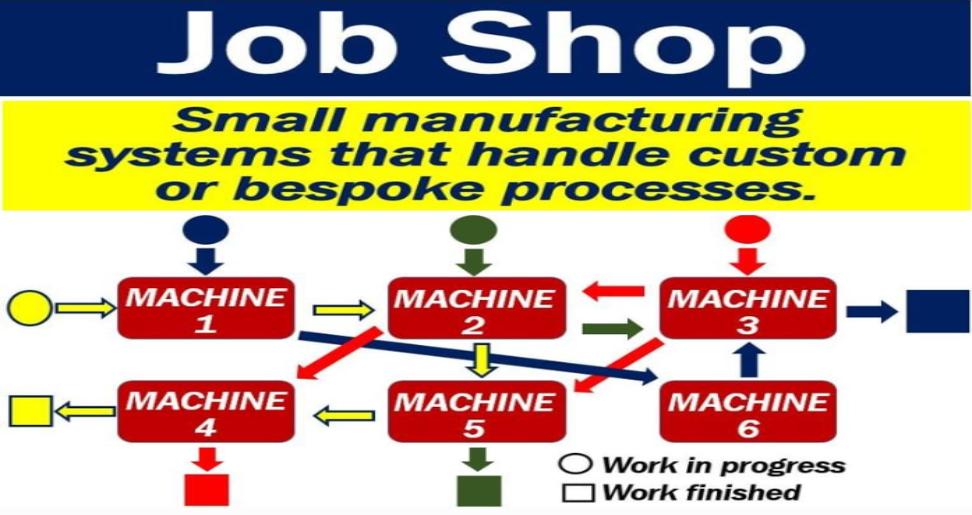Job shop production is a manufacturing process where a wide variety of products are produced in small quantities, often customized to meet specific customer requirements. This method contrasts with mass production, which involves producing large quantities of identical products.
Job shop – manufacturing
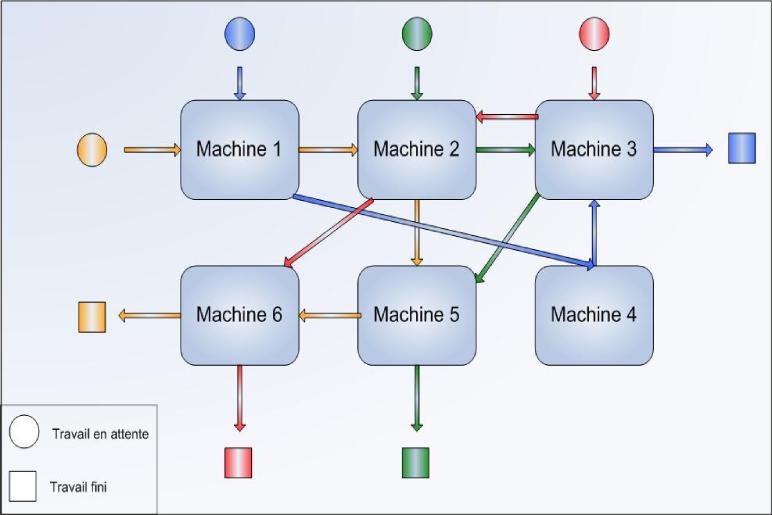
Job shop manufacturing is a production system characterized by its flexibility to handle a wide variety of customized products in small quantities. In contrast to mass production, which focuses on producing large quantities of identical items, job shops are designed to meet specific customer requirements, often tailoring products to individual needs. This flexibility is achieved through a layout where machines are grouped according to their function, allowing for a diverse range of processes to be performed within a single facility. Job shops are commonly found in industries such as aerospace, automotive, and machine tool manufacturing, where unique products are often required.
Key Characteristics of Job Shop Production
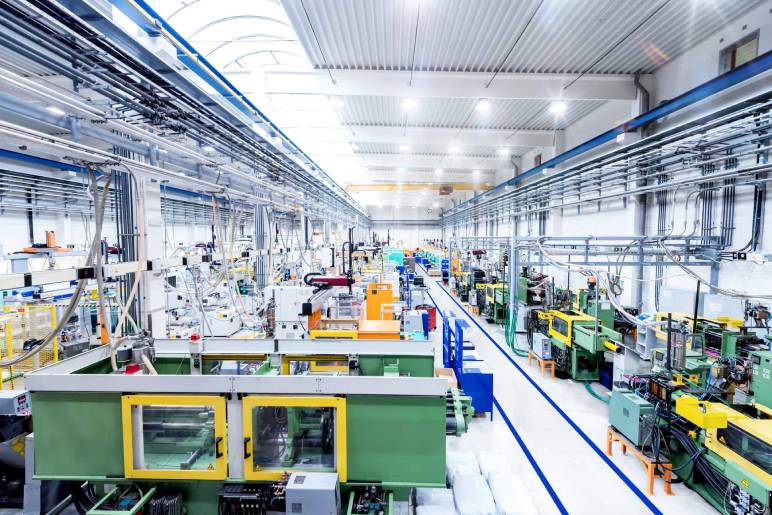
- Customization: Customization is the process of tailoring something to suit individual preferences, needs, or circumstances. It involves modifying or altering a product, service, or experience to make it unique and better aligned with specific requirements. Customization can range from simple adjustments like choosing a different color or size to more complex alterations that involve incorporating specific features or functionalities. This level of personalization often enhances user satisfaction, loyalty, and overall value perception.
- Flexibility: Flexibility is the ability to move joints through a full range of motion. It’s essential for physical health, as it allows for easier movement, prevents injuries, and improves posture. Good flexibility can also enhance athletic performance and overall well-being. There are several types of flexibility, including static flexibility (holding a stretch for a period of time) and dynamic flexibility (moving through a range of motion). Regular stretching and flexibility exercises can help improve flexibility and reduce stiffness.
- Variety: Variety is the spice of life, they say. It refers to the diversity and difference in things, whether it’s the wide range of foods we enjoy, the different cultures we encounter, or the myriad experiences we have. Variety can be found in nature, where we see the stunning contrast between the towering mountains and the vast oceans, or in our own lives, where we experience the thrill of adventure and the tranquility of peace. It is through variety that we discover new things, expand our horizons, and enrich our lives.
- Complexity: Complexity is a multifaceted concept that encompasses a wide range of phenomena. In its most general sense, it refers to systems or situations that exhibit intricate patterns, interconnectedness, and emergent properties. These systems, whether biological, social, or technological, often defy simple linear explanations and exhibit behaviors that are difficult to predict or control. Complexity arises from the interactions between numerous components, each with its own unique characteristics and behaviors. These interactions can lead to unexpected and often surprising outcomes, as the system as a whole may exhibit properties that are not apparent from examining its individual parts.
Common Industries Using Job Shop Production
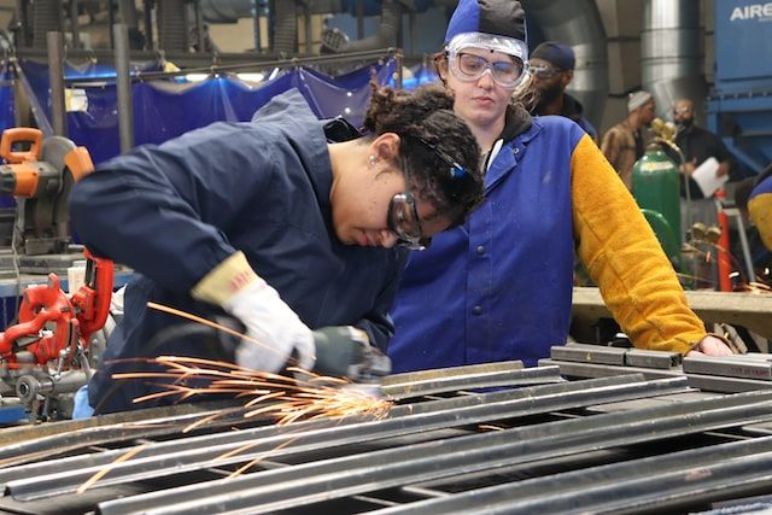
- Machining: Machining is a manufacturing process that involves removing material from a workpiece to create a desired shape or size. This is typically achieved by using a machine tool, which is equipped with a cutting tool that removes material through various methods. Common machining processes include turning, milling, drilling, boring, sawing, and grinding. These processes are used to create a wide range of products, from simple parts like screws and nuts to complex components found in machinery and electronics. Machining is a fundamental process in many industries, including automotive, aerospace, and manufacturing.
- Fabrication: Fabrication is the process of creating something, often from raw materials, through various techniques. It can involve assembling pre-made components or manufacturing parts from scratch. This process can be as simple as crafting a wooden toy or as complex as building a skyscraper. Fabrication methods vary widely depending on the materials used and the desired outcome. Some common techniques include welding, machining, casting, and 3D printing. These methods can be used to create objects for a variety of purposes, such as industrial production, art, or personal projects.
- Printing: Printing is a process of transferring text or images onto a surface, typically paper. This is achieved by applying ink to a surface and then pressing it onto the desired material. The ink adheres to the surface, creating a permanent record of the information. Printing technology has evolved significantly over centuries, from early woodblock printing to modern digital printing methods. Today, printing is used for a wide range of applications, including books, newspapers, magazines, packaging, and signage. Advancements in printing technology have enabled higher quality, faster turnaround times, and more cost-effective solutions.
- Tool and Die Making: Tool and Die Making is a specialized manufacturing process that involves the creation of precision tools and dies used in various industrial applications. These tools and dies are essential for shaping, cutting, and forming materials into specific configurations. The process typically begins with a design or blueprint, which outlines the desired shape and dimensions of the tool or die. Skilled machinists then use various techniques, such as milling, turning, drilling, and grinding, to shape the raw material (often steel or other high-strength metals) into the required form. The finished tool or die is then subjected to rigorous quality control measures to ensure that it meets the specified tolerances and standards. Tool and die making is a critical component of many industries, including automotive, aerospace, electronics, and consumer goods.
Advantages of Job Shop Production

- Customization: Ability to meet specific customer requirements and preferences.
- Flexibility: Quick response to changing market conditions and customer needs.
- Variety: Production of a wide range of products, catering to diverse customer demands.
- Small-scale production: Small-scale production, characterized by relatively small-sized operations and limited capital investment, plays a crucial role in various sectors of the economy. It often involves handcrafted or semi-automated processes, enabling the production of unique, customized, or niche products. This production model is particularly prevalent in industries like handicrafts, textiles, food processing, and electronics. Small-scale production can offer several advantages, such as lower barriers to entry, greater flexibility in adapting to market changes, reduced environmental impact, and the potential to create jobs in rural or underdeveloped regions. However, it may also face challenges such as limited access to resources, difficulty in competing with large-scale manufacturers, and vulnerability to economic fluctuations.
Disadvantages of Job Shop Production
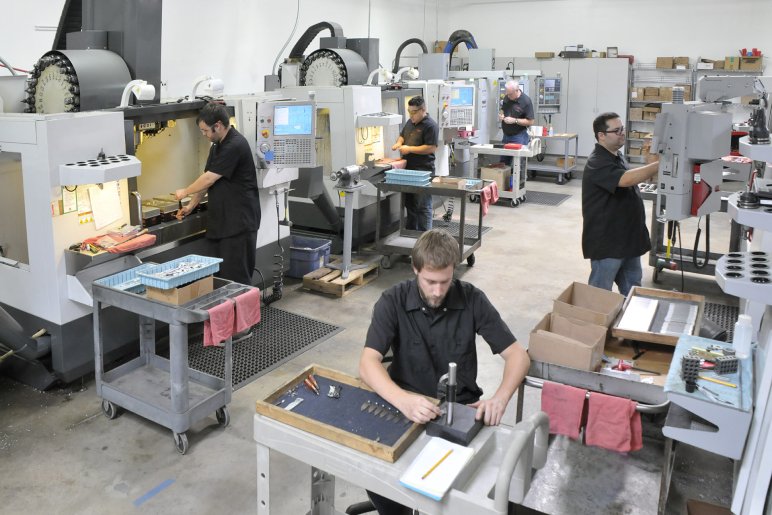
- Higher costs: Higher costs can significantly impact individuals and businesses, leading to reduced purchasing power, decreased profit margins, and a decline in overall economic well-being. Increased expenses for essential goods and services, such as housing, food, transportation, and healthcare, can strain household budgets and make it difficult to meet basic needs. Businesses may also face challenges as rising costs for raw materials, labor, and energy can erode profitability and hinder growth. Moreover, higher costs can contribute to inflation, a sustained increase in the general price level, which can further exacerbate financial difficulties and erode the value of savings.
- Longer lead times: Longer lead times, often encountered in manufacturing and supply chain processes, refer to the extended period between the initiation of a production order and the delivery of the finished product. This delay can be attributed to various factors, including increased demand, supply chain disruptions, complex manufacturing processes, and transportation challenges. When lead times lengthen, it can negatively impact businesses by causing stockouts, delaying customer orders, and increasing costs associated with expedited shipping or inventory holding. To mitigate the effects of longer lead times, companies often implement strategies such as improving demand forecasting, diversifying suppliers, optimizing inventory levels, and investing in lean manufacturing practices.
- Lower efficiency: Lower efficiency in a system or process refers to a state where resources are not being utilized optimally to achieve desired outcomes. This can manifest in various ways, such as increased energy consumption, slower production rates, or decreased output quality. Inefficiency often arises due to factors like outdated equipment, inefficient work practices, bottlenecks in the system, or inadequate training. Addressing lower efficiency is crucial for improving productivity, reducing costs, and ensuring sustainable operations.
Job shop vs. chop shop
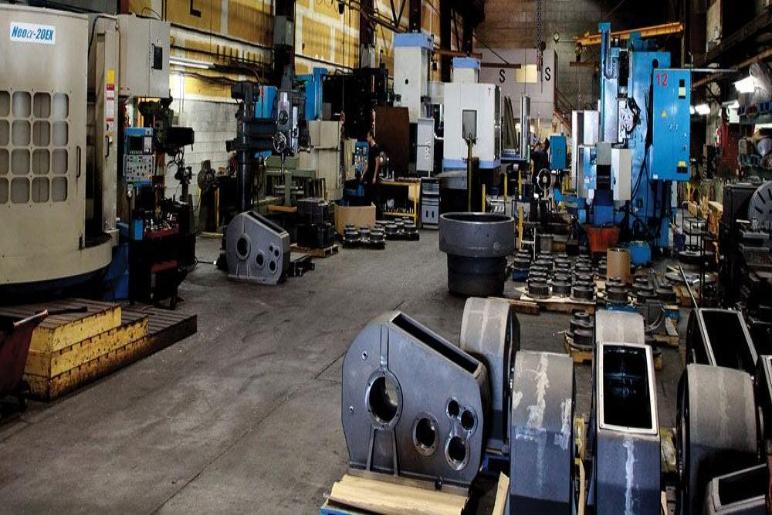
Job shops and chop shops are two distinct types of businesses that operate in vastly different contexts. A job shop is a manufacturing facility that produces custom-made products or components according to specific customer specifications. These shops are highly flexible and can handle a wide variety of jobs, often involving complex processes and intricate designs. They are commonly found in industries such as aerospace, automotive, and machine tool manufacturing. In contrast, a chop shop is an illegal operation that dismantles stolen vehicles for parts. These parts are then sold on the black market, often to be used in other stolen vehicles or to repair damaged ones. Chop shops are a serious criminal activity that contributes to vehicle theft and property crime.
Read More :
Featured Image Source: https://tinyurl.com/2us4wzyb

